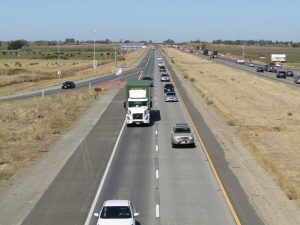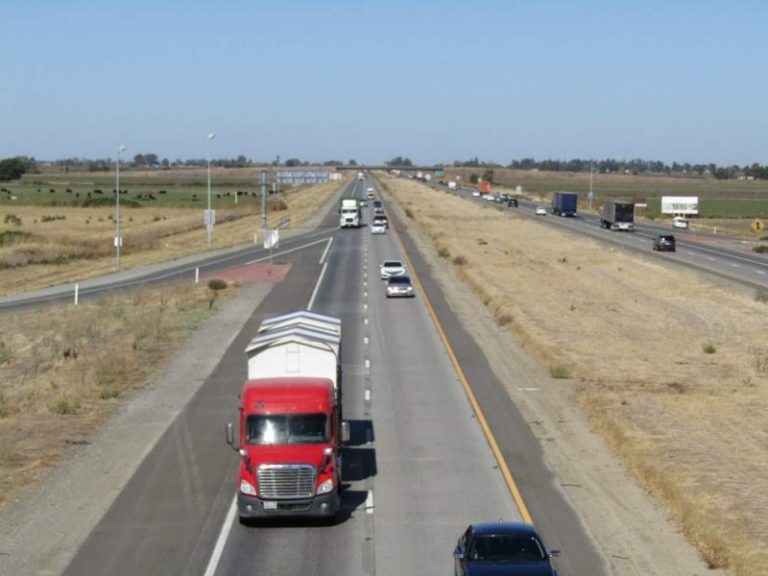The Risks of High Winds for Commercial Trucks
Trucks are heavy, ungainly vehicles, carrying with them numerous blind spots and potential points of mechanical failure. Yet despite this, one of the more dangerous aspects of trucks can simply be their basic geometric shape, which makes them especially susceptible to high winds and the risks they bring. Lateral winds are a contributing factor to almost two thousand weather-related truck accidents every year, so it’s in your best interest to learn how simple weather conditions could put you and other motorists at risk.
Why Trucks Are Vulnerable to Wind
Commercial trucks are large and tall, exposing a much larger cross-section of their vehicle to driving winds, which only grow faster the farther off the ground one gets. Furthermore, most truck cabins are sided in flat rectangles at a sharp vertical angle, which is one of the least aerodynamic designs possible.
The only advantage trucks have against the wind is that they’re heavy, yet their high profile almost completely counteracts this. Fully-loaded trucks can confidently resist most winds, but unloaded or otherwise very light trucks are at a high risk of starting to sway back and forth, eventually losing control if truckers don’t respond quickly. High winds tend to cause three types of accidents:
- Rollover accidents are the most common crashes caused by lateral high winds, especially if a truck takes a tight turn while already being pushed to one side.
- Jackknife accidents usually happen if the wind doesn’t quite tip a trailer over, as a trucker may suddenly brake, causing their cabin to fold inwards at a 90-degree angle.
- Cargo-related truck accidents are also common among trucks with exposed cargo, such as lumber transporters. Winds can shake poorly secured cargo free, striking pursuing vehicles or littering the road with dangerous debris.
Who’s Liable for a Wind-Related Truck Accident?

Under Arizona’s comparative fault system, liability is usually distributed among multiple parties based on who contributed to a crash. However, “the weather” isn’t a party that can be held liable. Truckers are responsible for checking weather forecasts, monitoring weather conditions, and understanding that they should slow down or get off the road if winds grow too strong. For this reason, wind-related truck accidents are usually the fault of negligent truckers. Conversely, those in smaller vehicles should also be aware of how vulnerable trucks are to high winds, so if they start to notice strong winds themselves, they should be increasing their distance to commercial vehicles.
Arizona Truck Accident Attorneys Can Help
Proving that high winds played a role in a truck accident can be a difficult affair, as the exact windspeed at the time of the crash or the likelihood of a gust of powerful wind are often impossible to determine. However, a legal professional can still gather relevant evidence and help you prove that a trucker acted negligently, so let ELG help you. You can schedule a free consultation with an Arizona truck accident attorney today by calling us at (623) 321-0566, which is the best way to get your questions answered in a pressure-free environment.
Law News Feed
All NewsWho Is Liable for Damages After a Truck Accident?
According to information from the National Highway Traffic Safety Association, more than 2,500 truck accidents occur each year in Arizona. It goes without sayin…
Common Injuries After a Motorcycle Accident
Motorcycle accidents kill or severely injure individuals more frequently than any other type of crash, resulting in immense amounts of suffering and financial d…

